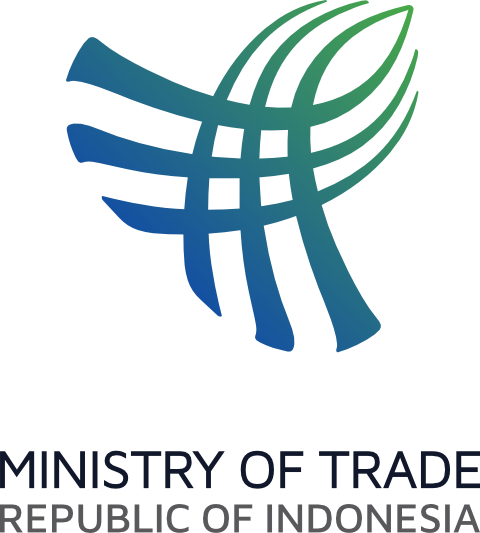
Nigeria attracts $8b investments in deepwater, gas projects
FG vows to boost the shipping industry
he Nigerian Federal Government, through the Minister of Marine and Blue Economy, Adegboyega Oyetola, has declared plans to stop issuing waivers under the Coastal and Inland Shipping Act of 2003—also known as the Cabotage Act. This move aims to strengthen and promote indigenous shipping companies by ensuring that domestic coastal shipping is handled by Nigerian-owned, crewed, and flagged vessels, as originally intended by the law.
The announcement was made during a meeting in Abuja with a delegation from Nigerian National Petroleum Corporation (NNPC) Shipping, Stena Bulk, and Caverton Offshore Support Group. These entities have recently launched a joint venture named Unity Shipping Worldwide, designed to create a strong tanker operation capable of transporting crude oil, refined petroleum products, and LNG within Nigeria, West Africa, and internationally.
Historically, waivers allowing foreign vessels to operate in Nigerian waters have been granted when local capacity was considered insufficient. However, these waivers have hindered the growth of Nigerian shipping firms by denying them crucial business opportunities. The minister emphasized that this practice will now end, underscoring the need to build Nigerian maritime capacity, support local jobs, and empower indigenous operators for sustainable industry development.
Oyetola also highlighted the importance of the Cabotage Vessel Financing Fund (CVFF), stating that its proper utilization is essential to enable Nigerian operators to acquire modern vessels and compete effectively, especially as the waiver regime is phased out.
Executives from the joint venture partners shared their optimism about the new collaboration. Caverton Offshore’s CEO, Bode Makanjuola, called Unity Shipping Worldwide a “game-changer” that combines local expertise with global best practices, aiming to build a modern fleet, improve efficiency, and train Nigerian seafarers. NNPC Shipping’s Managing Director Panos Gliatis noted that the partnership would bolster Nigeria’s refining, import, and export capabilities, strengthening the country’s role in global energy logistics. Stena Bulk’s President and CEO, Erik Hånell, affirmed that the venture aligns with his company’s strategic goals.
Overall, the article highlights Nigeria’s renewed commitment to developing its indigenous shipping industry by ending reliance on foreign vessels, promoting local capacity, and fostering strategic partnerships to enhance maritime transport services.
Punch, 15 May 2025
Nigeria attracts $8b investments in deepwater, gas projects
Nigeria has successfully attracted over $8 billion (about N12.8 trillion) in investments into deepwater oil projects and gas Final Investment Decisions (FIDs) within just one year. This achievement was highlighted by Olu Verheijen, the Special Adviser on Energy to Nigerian President Bola Tinubu, during the 2025 Africa CEO Forum held in Abidjan, Côte d’Ivoire.
The investment influx is credited to several decisive measures implemented by President Tinubu’s administration. These include improved fiscal terms to make investments more attractive, streamlined contracting processes to reduce delays, clearer local content regulations, and reforms in the power sector that have enhanced the commercial viability of gas-to-power projects.
Verheijen urged other African industry leaders to follow Nigeria’s example by transforming Africa from a continent that merely appeals for external support into a deliberate investment destination. She emphasized the importance of establishing clear policies, commercial rationales, and strategic intentions to attract and retain investment.
She also noted a significant increase in indigenous equity in Nigeria’s gas sector—from 69% to 83%—marking a major shift towards greater local ownership and control of Africa’s energy resources. Verheijen encouraged African investors, development finance institutions, banks, pension funds, and sovereign entities to focus strategically on filling the investment and operational gaps left by International Oil Companies (IOCs). This involves not only providing capital but also designing tailored financial instruments and risk-sharing mechanisms to support sustainable growth in the continent’s energy sector.








